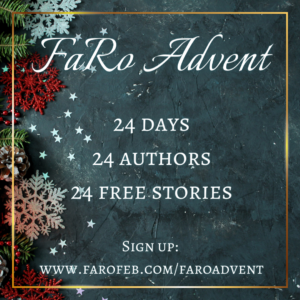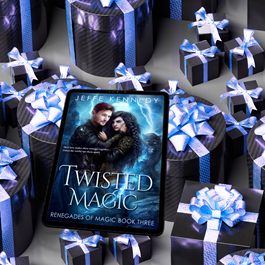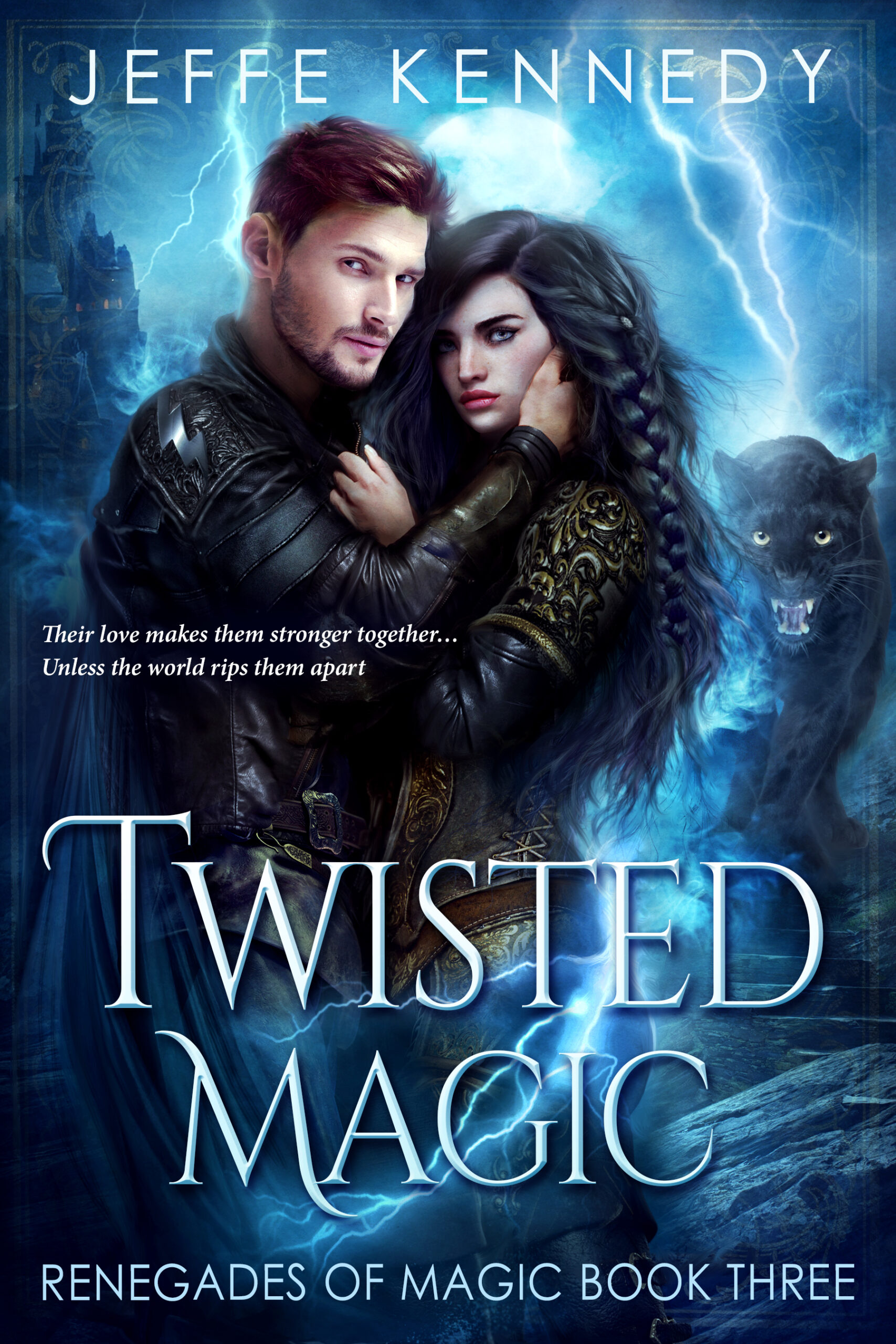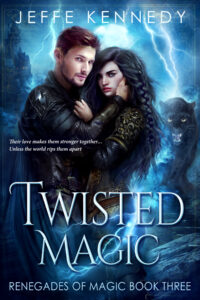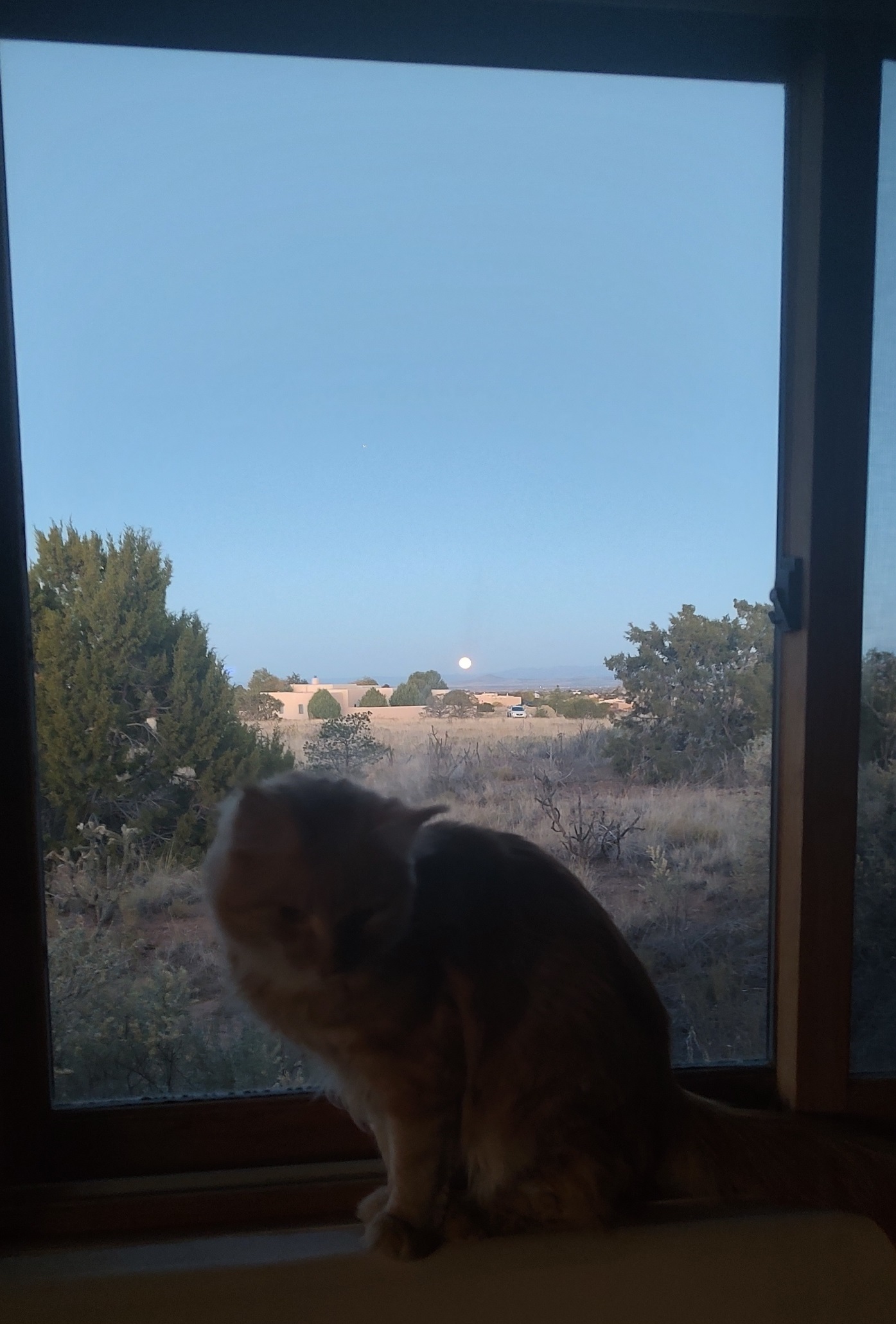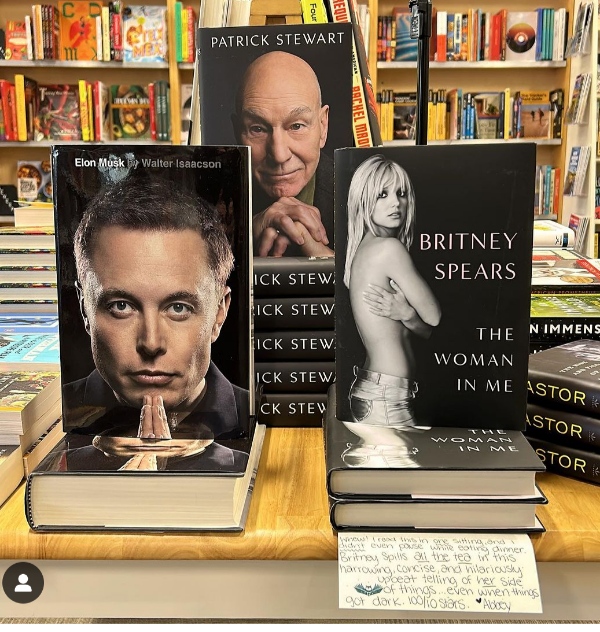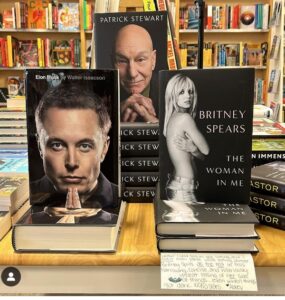
Our topic at the SFF Seven this week is what to do when you’re stuck. Stuck writing, I presume, since other kinds of stuck aren’t really what we’re about here.
I’m sure there will be lots of great advice this week from all the contributors on the various tricks and techniques for getting unstuck while writing. Mine is going to be at the far end of the spectrum at Tough Love.
When I get stuck? I push.
I’m a believer in chipping away at that block and smashing a hole through it. Inevitably there’s juicy stuff on the other side. I think the universe sometimes makes us work for it, and that’s what I do.
Now, I will caveat this advice by saying that I absolutely don’t advise anyone beating themselves brainless against a brick wall. Use your head, and not as a battering ram! There are tools for this process; use them. This is where craft comes in and skill, where having a well-cultivated imagination will fuel the process, where having excellent work habits allows for focused attention.
Push through those sticking places – but use your words, not your fists.


